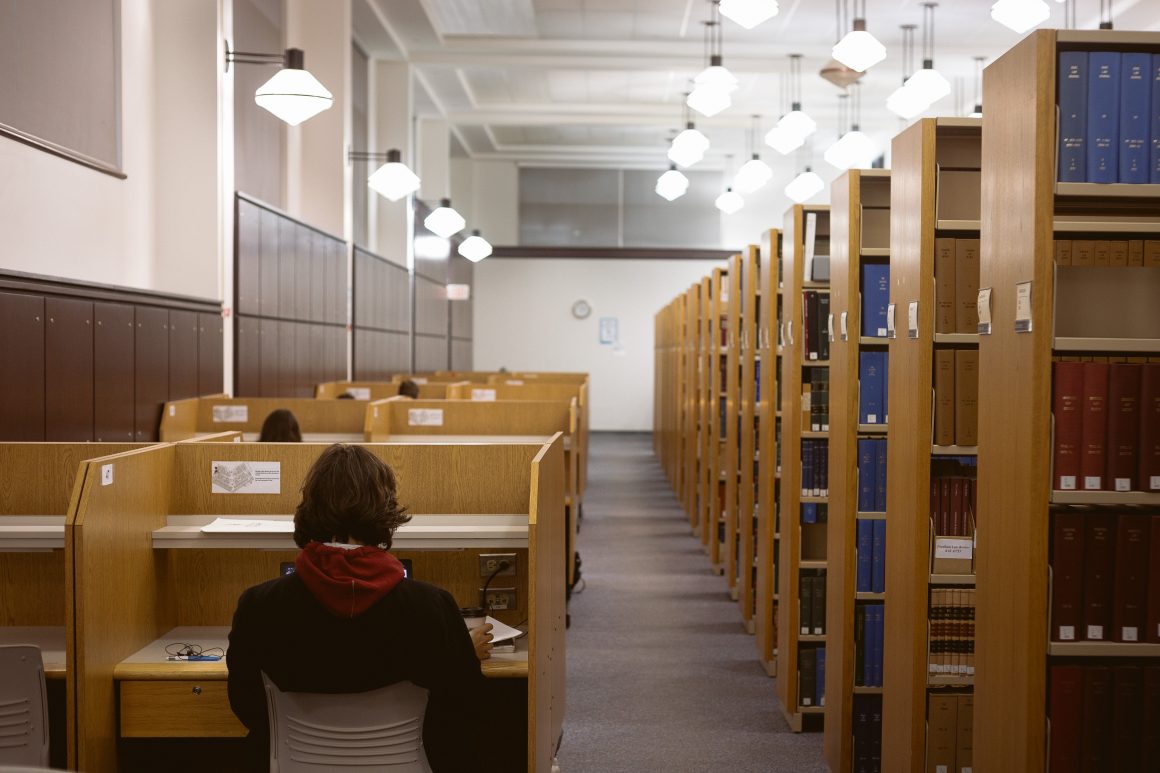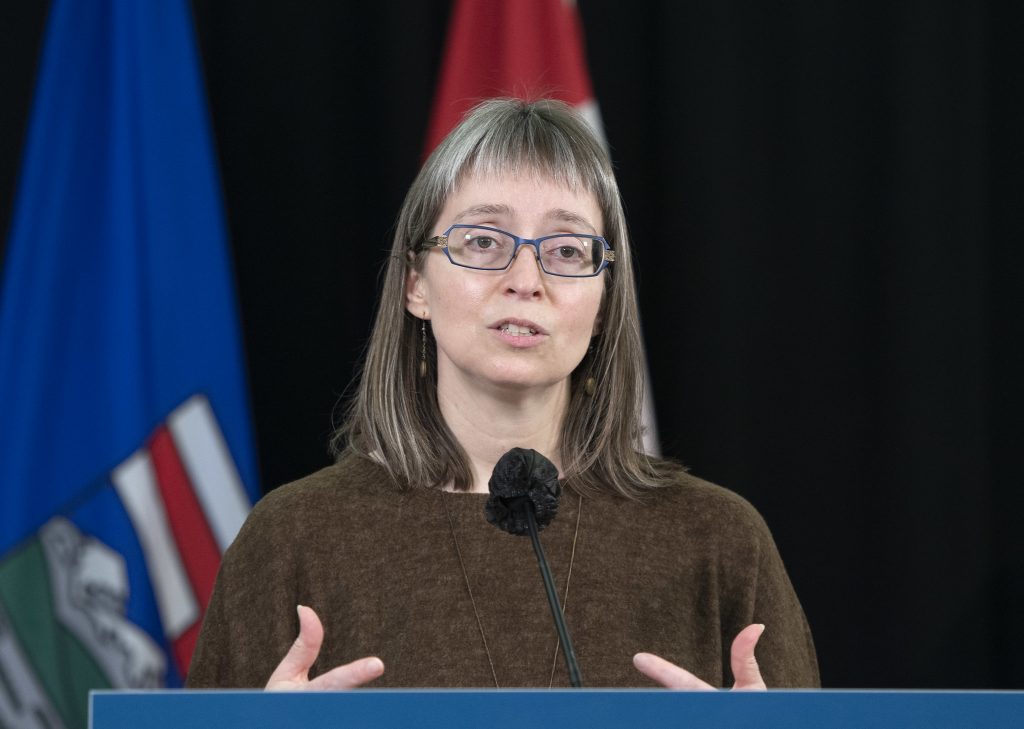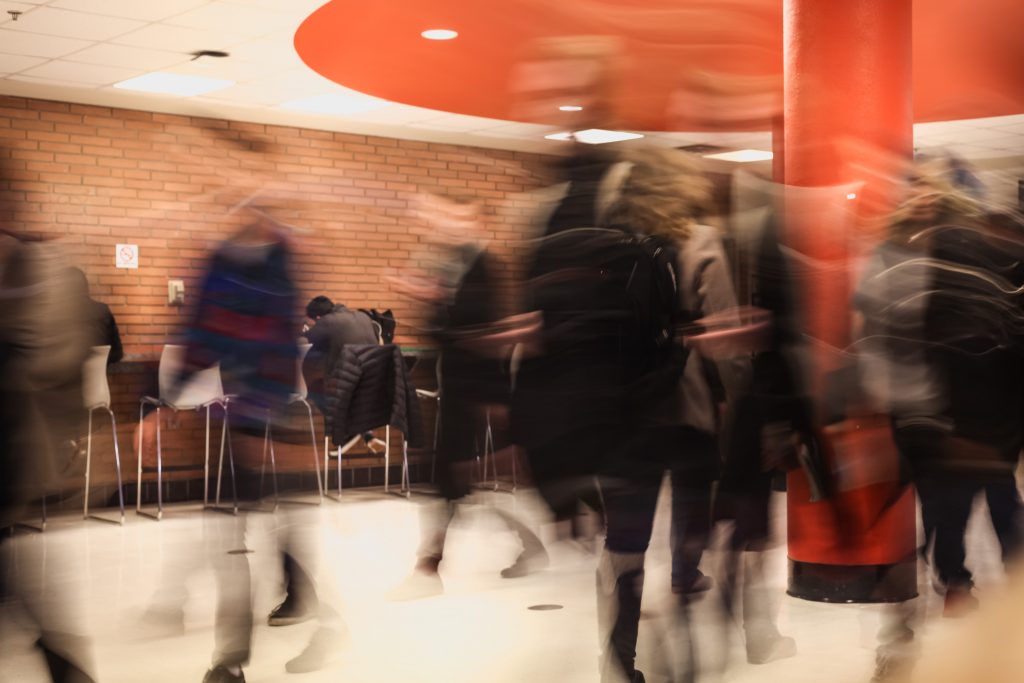
University of Calgary Board of Governors votes to increase tuition and fees
By Kristy Koehler, December 17 2020—
The University of Calgary’s Board of Governors voted to increase tuition and fees at a meeting on Dec. 11, 2020.
For the second consecutive year, most undergraduate students will be facing an increase of seven per cent. Tuition for incoming students in engineering will increase by 10 per cent and incoming international students will also see their tuition increase by 10 per cent. These increases will begin in May.
Student fees will increase with daily parking rates going up by $1 a day, residence rates increasing by between two and three-and-a-half per cent depending on type, and the Student Services Fee also increasing by seven per cent. The Athletics and Campus Recreation fees will increase by seven per cent each as well.
Dru Marshall, provost and vice-president academic, shared the university’s position on the fee increases, noting that the proposal was based on significant consultations with student leaders, consultations she called both “engaging and difficult.” Marshall stated that, as a result of such consultations, changes were made to the university’s initial proposals.
A message from Students’ Union president Frank Finley, posted to Reddit, indicated that the university’s initial proposal had been a 10 per cent increase.
Marshall attempted to situate the university’s position within Alberta’s current political climate. She referenced the MacKinnon Report on Alberta’s Finances, presented after the United Conservative Party was elected “with a wide majority.”
The report called for a re-balancing of funding for Alberta’s post-secondary institutions, she said, with “less reliance on provincial funding, more user pay, and the creation of alternate revenue sources through entrepreneurial initiatives” that would bring Alberta more in line with comparator provinces like British Columbia and Ontario.
“I would say that report sets the scene for the proposal that is before the board today,” said Marshall.
She also noted the province’s resource revenue issues in addition to billions of dollars in deficits, exacerbated by the COVID-19 pandemic, in addition to an uncertainty in the post-secondary education budget in light of promises of investment management agreements and performance-based budgets.

Public sector labour market uncertainty was also cited as a contributing factor to the university’s proposal for increased tuition and fees. The Alberta Union of Provincial Employees (AUPE) and The Faculty Association of the University of Calgary (TUCFA) both have upcoming contract negotiations.
“We can’t do business the same way,” said Marshall. “The university has a choice in this environment — to be a lesser version of who we are right now or to grow our way out of this. Growth Through Focus is a very exciting plan that will allow us to do exactly that.”
Marshall said a philosophy on campus has been adopted in light of the cuts and uncertainty — that burden must be shared between administration, employees and students. “The budget cannot be balanced on the backs of the students” is a statement she recalled hearing often but made sure to note that “nothing could be further from the truth.” She added that job restructuring and losses have taken place on campus in addition to flatlined salaries for campus leaders for the last six years.
If student enrollment remains flat, Marshall estimated that $16.4 million can be generated from increases in tuition, $12.4 million from undergraduate students, $3.2 million from graduate students and the remaining roughly $700,000 from medical students.
“It is in that context that we are proposing within the allowance of tuition and fee regulation, a number of increases,” said Marshall. “The values arrived at were carefully considered. This is a very nuanced proposal.”
Tanille Shandro, president of the Graduate Students’ Association, spoke to the burden increased tuition would place on grad students, particularly international students.
She noted that, in particular this year with COVID-19, there are significant issues plaguing graduate education, not the least of which is the reduction in networking opportunities that come part and parcel with programs like the Master of Business Administration.
“We really need to be thinking about the quality of education that we’re providing and keeping up our standards even as we continue in this new digital realm,” said Shandro.
Frank Finley, Students’ Union president, spoke to the hardships that undergraduates faced as a result of the pandemic. He cited a survey of students taken in August which revealed that, of the 1,100 students polled, 46 per cent could not find full-time employment in the summer and 31 per cent could find no work at all as a result of COVID-19. He noted that students and prospective students were unable to save and many saw their family supports vanish.
“Many students are already at the margins,” said Finley. “When the institution speaks about equity, diversity and inclusion and when the institution talks about supporting Black, Indigenous and impoverished students, we must also consider the impacts that tuition increases have on these groups as well.”
Finley argued that financial aid is insufficient and that a student could attend a “more expensive university” and receive more financial assistance to do so, noting that a comparison to the tuition rates of other universities considered peers of the University of Calgary “is not complete when available student aid isn’t factored in along with cost of living.”
He noted that student loan debt is higher in Alberta than the Canadian averages and that grants and scholarships are stagnant in comparison to other provinces.
Finley wondered how he could argue against a tuition increase when he knows that the university’s funding is being cut and considering his duty to vote in a way that is in the best interest of the university.
Ultimately, Finley noted that to increase tuition is short-sighted and poses a reputational risk to the university and a major hardship to students.
“In our situation there is no such thing as easy choices, only difficult solutions — but solutions and better choices do exist,” he said. “We must consider the reputational risk associated with raising tuition the maximum amount during the largest economic and social crisis of the last 70 years. This will haunt us and will not soon be forgotten.”

Finley pondered whether or not the university will be driving exceptional students to other provinces with healthier financial aid systems.
“When governments in Alberta cut from post-secondary, they hope that Boards will go along quietly,” he said.
Marshall provided some statistics about student aid repayment rates, noting that “there’s some pieces from a data perspective that don’t necessarily add up.” The number of borrowers attending U of C had slightly decreased this year over previous years. She also noted that the repayment rates for U of C students sits at just over 96 per cent, which is above the Alberta average of 87 per cent and the national average of just over 91 per cent. The peer assistance bursaries that are given out at the institutional level are also down 11 per cent from last year.
Marshall also noted that 15 per cent of the incremental rate of increase would be put toward a needs-based bursary fund. Launched on Dec. 10, students can apply for this funding now.
Ultimately, the Board did vote to increase tuition. Student Services Fees were also increased by seven per cent to $257.60 per semester. The decision was certainly not unanimous, with a number of governors voting against the increase.
“This is an all-time high mark of governors voting against these sorts of increases,” said Finley in a post-meeting Reddit post. “The provincial government and specifically, the Ministry of Advanced Education, pay close attention to the happenings at the university. Any sign that board members are starting to express their concerns on cuts is a useful mechanism of political pressure.”
The Board did vote, however, to continue the parking rates that began as a pilot project during last year’s exam periods. Those reduced rates will be permanently adopted so that lots 10, 11 and 32 will be half-price during exam periods.
At a post-BOG meeting hosted by Finley, he answered questions from a group of just over 50 students via Zoom. He posted a re-cap of the tuition and fee increases in the Reddit post.
“There are certain things the university could have chosen to do at this moment in time and that’s really disappointing,” said Finley to the students, vowing to keep them informed about the SU’s continued advocacy.
